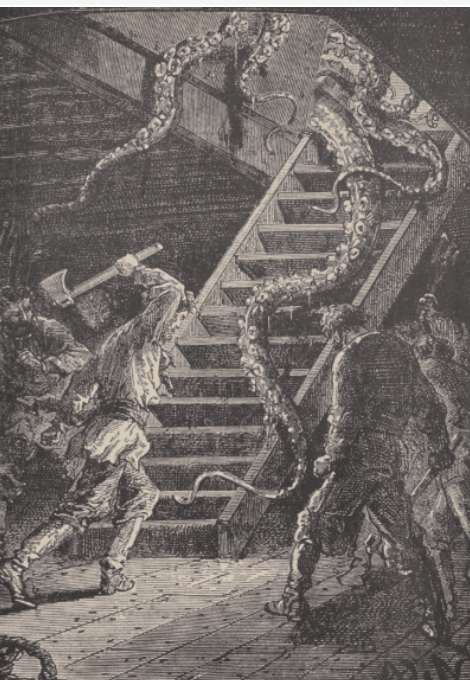Review: Why the Film Unplanned Is Not Strictly For Those Who Are Pro-Life
April 26, 2019
Depicting the story of Abby Johnson, Unplanned shows a former employee of Planned Parenthood who went through two abortions herself and was adamantly pro-choice. It follows Johnson’s experience as director of a Planned Parenthood clinic, resulting in her being sent in to an operation room to help perform an abortion. Based off of Johnson’s memoir of the same name, Unplanned depicts the reality of abortion, leading to criticism on both the pro-life and pro-choice fronts.
Those who are pro-choice argue that watching an on-screen abortion sways the viewer towards a pro-life viewpoint, leading to an R rating by the MPAA. The pro-life viewers argue that if it is too gruesome to watch, it is too gruesome for someone under 17 to receive the procedure. However, this ended up being a very small portion of the movie and should not affect viewership, as the film’s focus is on Johnson’s personal experience and decision to leave Planned Parenthood.
The film is produced by a Christian film production company, but the film does not depict abortion in a negative light due to religious beliefs. The film only refers to facts and creates a greater understanding of the reasons people are both pro-life and pro-choice. The movie does discuss the other services that come from Planned Parenthood. Specifically, when Johnson is Clinic Director, she counsels several women about their pregnancies and further steps to take. By showing this, viewers are able to see the administrative side where Johnson herself discusses how abortion is required to be an available service to all women that enter their clinic.
Outside of Planned Parenthood, the organization Forty Days for Life shows the same alternate resources of Planned Parenthood without using abortion as a resource. Overall, the movie does an excellent job in educating viewers about what it can be like to have an unplanned pregnancy and how to handle it if the situation arises.
Ending with a message on Johnson’s mission and ministry called And Then There Were None, the film shows Johnson’s hopes to help other abortion clinic workers leave and find employment elsewhere, while also providing a safe place for women to process the difficult emotions that can follow an abortion.
In the end, the film is very informative and focuses on sharing the reality of abortion with the public without forcing an agenda on the viewer. In theaters now, Unplanned is definitely a movie worthy of attending, regardless of one’s current abortion stance.
























